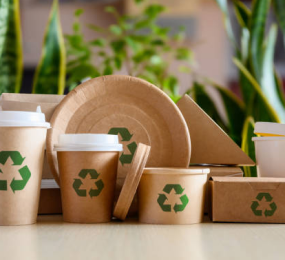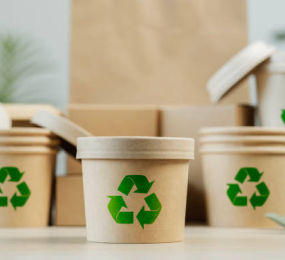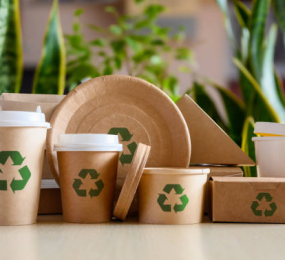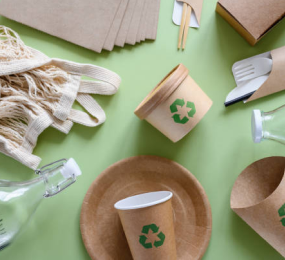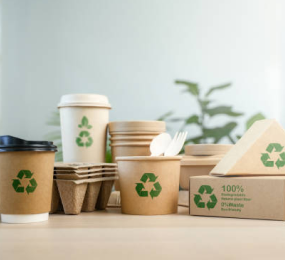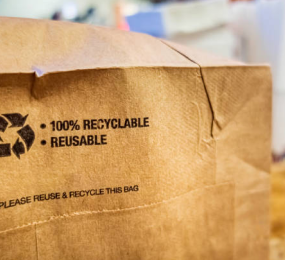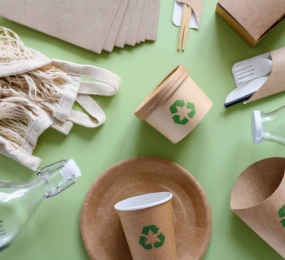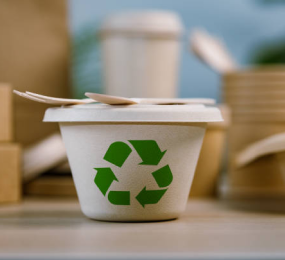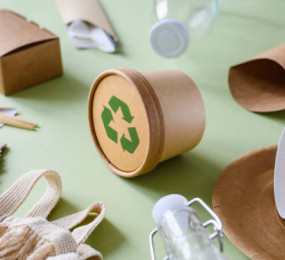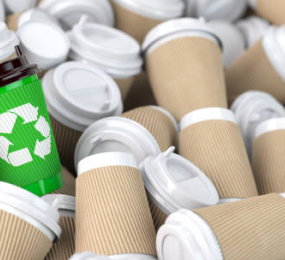Plant-Based Packaging Alternatives: A Greener Future
The global surge in plastic pollution has prompted a shift towards more sustainable packaging solutions. Plant-based packaging, derived from renewable resources like plants and fungi, offers a promising alternative to traditional petroleum-based plastics. These materials are biodegradable, compostable, and often have a lower carbon footprint.
One of the most common plant-based packaging materials is cellulose, derived from wood pulp or agricultural residues. Cellulose-based packaging is widely used for food packaging, as it is strong, durable, and can be customized to various shapes and sizes. Additionally, bioplastics, made from materials like cornstarch or sugarcane, are gaining popularity due to their versatility and compostability.
However, challenges remain in the widespread adoption of plant-based packaging. The cost of production can be higher than traditional plastics, and the performance of some bioplastics may not match that of conventional plastics in terms of barrier properties and durability. To address these issues, ongoing research and development efforts are focused on improving the performance and reducing the cost of plant-based materials.
By embracing plant-based packaging alternatives and investing in sustainable technologies, we can move towards a greener future with reduced plastic pollution and a more circular economy.
Visit our website to know more: https://www.leadventgrp.com/events/sustainable-packaging-and-recycling-innovation-summit/details
For more information and group participation, contact us: [email protected]
Leadvent Group - Industry Leading Events for Business Leaders!
www.leadventgrp.com| [email protected]


